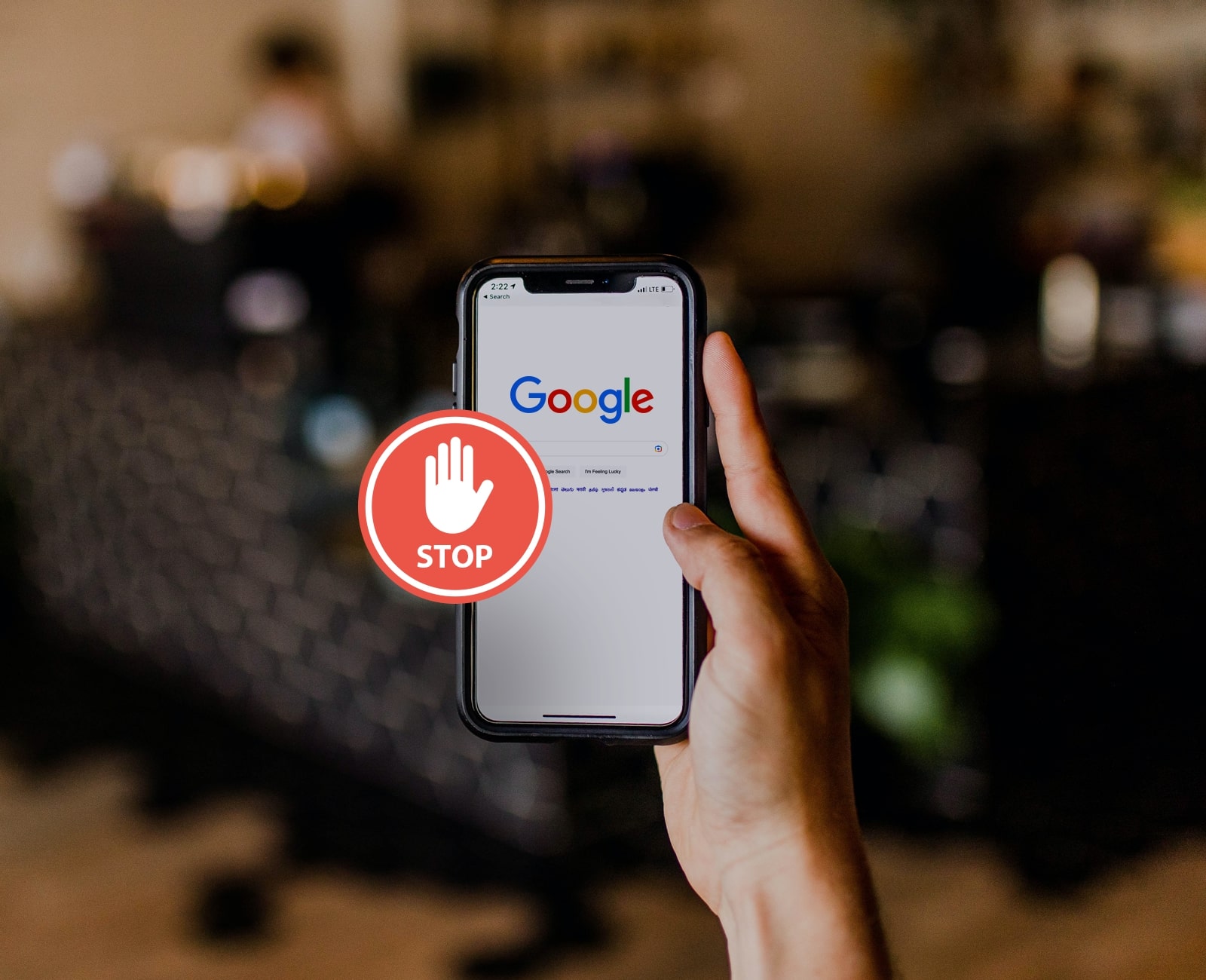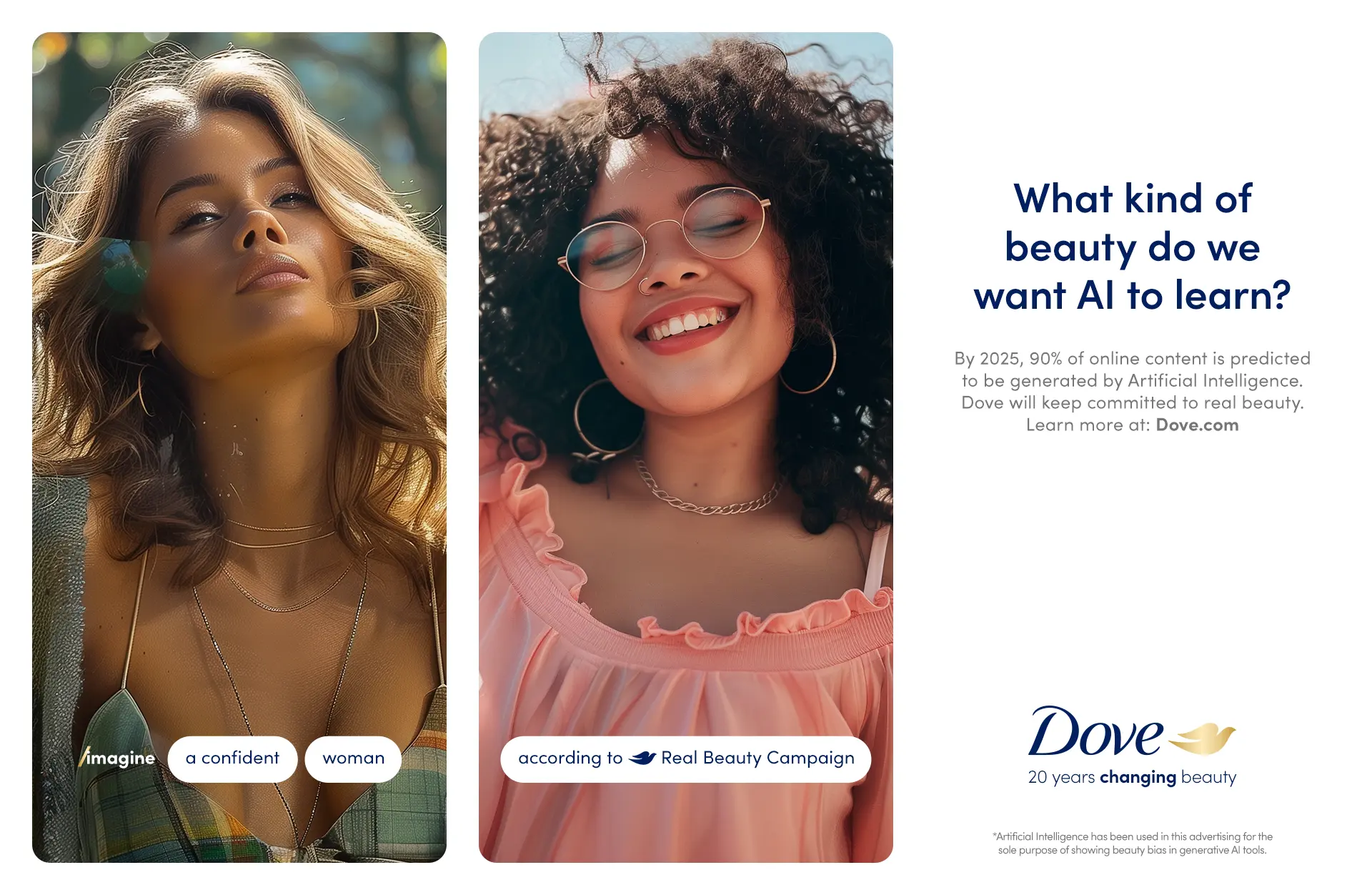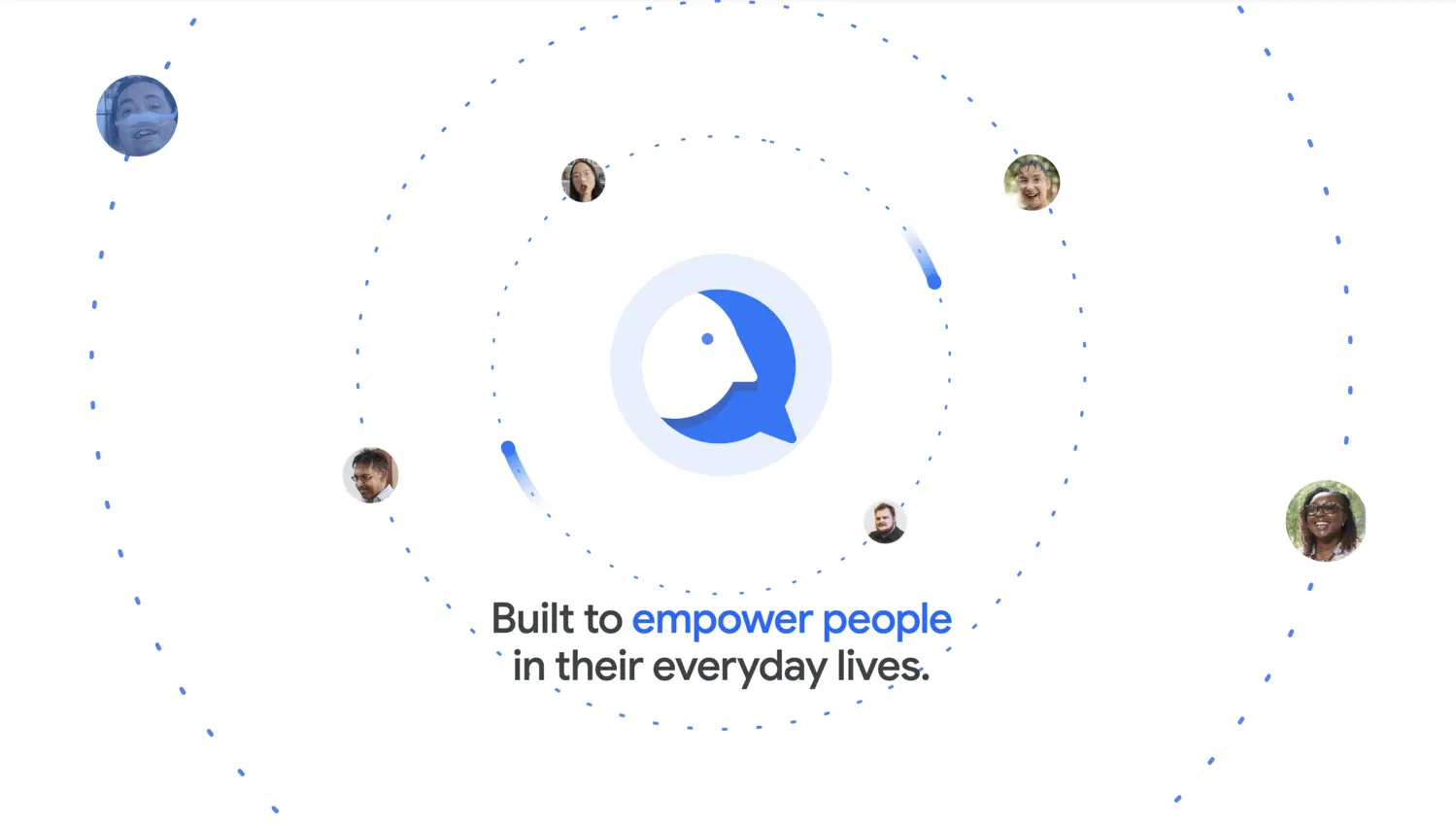The Dark Side of Google: A Closer Look at Privacy Concerns and User Data Collection

Discover the truth about Google’s privacy practices and their impact on user data. Learn how to protect your online privacy with our tips and insights on the dark side of Google.
Google is undoubtedly one of the most popular search engines worldwide, with millions of users accessing its services daily. However, despite its widespread popularity, Google has faced considerable scrutiny over the years due to its privacy concerns.
Google collects a massive amount of user data, which has raised serious concerns regarding privacy violations. The company’s business model relies on the collection of user data, which it then uses to serve targeted ads. This data includes a user’s search history, location, personal information, and browsing habits.
One significant privacy concern is that Google’s algorithms can track a user’s online activity across multiple devices and platforms, such as mobile devices, desktops, and laptops. This tracking allows Google to create a detailed profile of a user’s preferences, interests, and behaviors. Google uses this information to serve targeted ads and recommendations to users.
Moreover, Google’s tracking and data collection practices do not just stop at online activity. The company has access to a user’s physical location, which it can track through the user’s device’s GPS or IP address. This tracking can be done without a user’s knowledge or consent, which can be concerning for those who value their privacy.
Another privacy concern of Google is its data sharing practices. Google has partnerships and agreements with various third-party companies that allow them to access and use user data for their own purposes. This means that even if a user does not use Google’s services directly, their data may still be shared with other companies without their knowledge.
Additionally, Google’s privacy policies are often complex and difficult to understand for the average user. The company’s terms and conditions are often lengthy and filled with technical jargon, making it challenging for users to know exactly what data is being collected and how it is being used.
Google has faced several lawsuits and fines related to its privacy practices. In 2012, the company was fined $22.5 million by the Federal Trade Commission (FTC) for violating user privacy by tracking user activity on Apple’s Safari browser. In 2019, Google was fined €50 million by France’s data protection authority for not being transparent about its data collection practices.
In response to these concerns, Google has made some efforts to improve its privacy practices. The company has introduced features such as incognito mode and data auto-delete, which allow users to limit the amount of data collected and stored by Google. The company has also made efforts to make its privacy policies more accessible and understandable to users.
Below examples highlight the many ways in which Google’s data collection and use can potentially compromise user privacy. While the company has made efforts to improve its privacy practices in recent years, it will continue to face scrutiny and criticism until it can demonstrate a stronger commitment to user privacy and data protection.
Google’s location tracking practices
In 2018, an investigation by the Associated Press found that Google continued to track users’ location even after they had turned off the “Location History” setting. This was done by tracking a user’s location through their web and app activity, even if the user had not given permission for their location to be shared.
Data sharing with third-party companies
In 2018, The Wall Street Journal reported that Google allowed third-party developers to access users’ Gmail messages. This raised concerns about the privacy of users’ emails, as third-party companies could potentially use this information for their own purposes.
Google’s use of personal information for targeted ads
In 2019, The New York Times reported that Google allowed advertisers to target ads based on sensitive information such as a user’s religious beliefs, political affiliations, and sexual orientation. This raised concerns about the potential for discrimination and bias in ad targeting.
Lack of transparency in data collection practices
In 2018, a report by the Norwegian Consumer Council found that Google’s privacy policies were difficult to understand and often used vague language. The report also found that Google used dark patterns to nudge users into accepting its terms and conditions, without fully understanding the implications of doing so.
Google’s use of voice data
In 2019, it was reported that Google was using contractors to listen to and transcribe users’ voice recordings from Google Assistant. This raised concerns about user privacy, as contractors were able to listen to personal conversations and other sensitive information.
Google’s data collection from Chrome browser
Google’s Chrome browser collects a significant amount of user data, including browsing history, search queries, and site visits. This data is used to serve targeted ads and improve the user experience. However, it also raises concerns about user privacy, as the data can potentially be accessed by third-party companies.
Google’s data collection from Android devices
Android devices collect a significant amount of user data, including location, app usage, and search queries. This data is used to serve targeted ads and improve the user experience. However, users have limited control over how their data is collected and used, raising concerns about privacy.
Google’s data retention policies
Google stores user data indefinitely, which can be concerning for users who want to delete their personal information. While Google has introduced a data auto-delete feature, it only applies to certain types of data and does not fully address privacy concerns.
Google’s use of cookies
Google uses cookies to track user behavior and serve targeted ads. While cookies are a common feature of many websites, they can be used to track a user’s activity across multiple sites, potentially revealing sensitive information about their browsing habits.
Google’s use of data for research purposes
In 2019, it was reported that Google had partnered with healthcare providers to collect and analyze patient data. While the aim was to improve patient care, the partnership raised concerns about the privacy and security of sensitive medical information.
Google’s data collection from YouTube
Google owns YouTube, which collects user data, including search queries and viewing history. This data is used to serve targeted ads and improve the user experience. However, it also raises concerns about user privacy, as the data can potentially be accessed by third-party companies.
Google’s use of machine learning algorithms
Google uses machine learning algorithms to analyze user data and serve targeted ads. While this technology can be highly effective, it also raises concerns about privacy, as the algorithms can potentially reveal sensitive information about users.
The Solution
If you’re concerned about privacy and want to stop using Google, here are some steps you can take:
Switch to a privacy-focused search engine
Instead of using Google for your search queries, you can switch to a privacy-focused search engine like DuckDuckGo, StartPage, or Qwant. These search engines do not track your search history or collect personal information.
Use alternative email providers
Instead of using Gmail, you can switch to an alternative email provider like ProtonMail, Tutanota, or Posteo. These providers offer end-to-end encryption and do not collect personal information.
Use a different browser
Instead of using Google Chrome, you can switch to a different browser like Firefox, Brave, or Tor. These browsers offer enhanced privacy features and do not track your browsing history or collect personal information.
Use alternative cloud storage services
Instead of using Google Drive, you can switch to an alternative cloud storage service like Nextcloud, pCloud, or Sync. These services offer secure, encrypted storage and do not collect personal information.
Use alternative mobile operating systems
Instead of using Android, you can switch to an alternative mobile operating system like iOS, LineageOS, or /e/. These operating systems offer enhanced privacy features and do not collect personal information.
It may take some time to make these changes, but by taking these steps, you can significantly reduce your reliance on Google and improve your privacy online.
In conclusion, while Google has made some progress in addressing privacy concerns, it still has a long way to go. As users become more aware of their privacy rights and the risks associated with online data collection, it is essential that companies like Google take proactive steps to protect their users’ privacy. As individuals, we can take steps such as limiting the amount of data we share with Google and other online companies and being mindful of the types of data we provide.
Tags:
Google privacy issues
Protecting your privacy onlineData collection by Google
Google’s use of personal information
Google Assistant privacy concerns
Google Chrome privacy settings
Privacy-focused alternatives to Google
Is Google spying on you?






